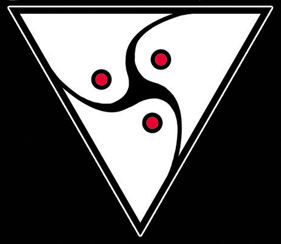Censorship takes many forms, from the most blatant to the most subtle.
We are used to the blatant because they are easy to recognize, but what happens when censorship takes a subtle route?
When an admired veteran of a music scene shows his neo-nazi colors and gets himself arrested in France shortly after having finished serving his sentence for the murder of a fellow band mate, is this where we draw the line that it’s simply “an extreme example”?
Why should a community be absolved of the responsibility of having been the host of such extremism?
Is it not true that a society is only as strong as its weakest members?
When a scene identifies itself by its alienation to the outside world, when its members feel like they are somehow more intelligent, more understanding, more accepting, or just generally better than those outside the scene, it creates an environment that is fertile for discrimination, stereotyping, hate mongering, and elitism.
A reputation is soon built within outside of the scene, with extreme cases that push towards right wing extremism and, in some very rare cases, murder and terrorism.
These values are not only elitist, they are nihilistic.
Critics of the scenes have been called everything under the sun, from closed-minded, to stereotypical, to ignorant, and so on and they continue to be.
Those who dare to speak out and dissent are pegged as hatemongers by the same hateful mentality that is being criticized, and the irony is lost before it was ever under any possession.
As long as any scene adopts values inherent in right wing ideology, regardless of its politics or lack thereof, it will make the words o the great mark Twain resonate in truth time and time again:
“Give a man the reputation of an early riser and he shall sleep until noon.”
Much love,
Zen Politics

“Stereotypes as scapegoats” – Published July 21, 2013
Like this post?
Comment below and share it with your friends!

You wouldn’t believe it but I’ve wasted all day digging for some articles about this. You are a lifesaver, it was an beneficial read and has helped me out to no end. Cheers!
Happy you enjoyed the post, Bob!